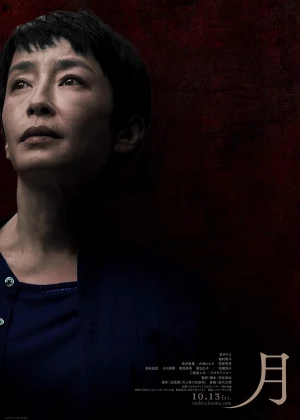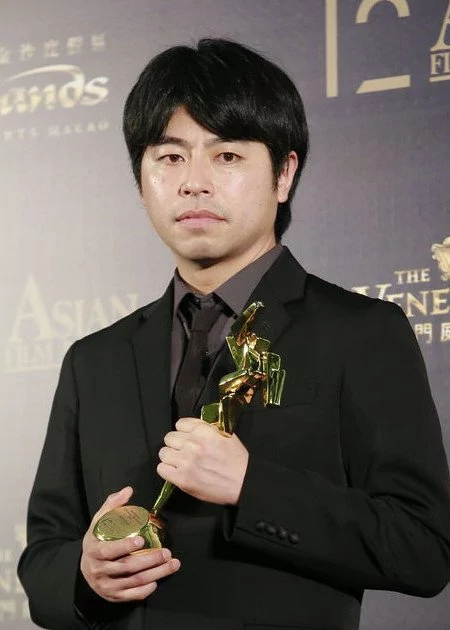
One of Japan's most consistent directors. Ishii's trademark mix of gritty drama and dry, deadpan comedy is certainly not for everyone, but when you can stomach Ishii's particular style, his oeuvre's a real treasure trove.
Movies
I've been following Yuya Ishii for a long time now, and while an exemplary director, I didn't expect to get a masterpiece from him. He's capable enough, but his films never went the extra mile, and he never seemed to have that bit of edge in him to produce something challenging enough. The Moon certainly meets these criteria, though beware when you decide to give it a go. This isn't an easy film, there are a lot of uncomfortable and confronting moments here. Dark drama is back and The Moon doesn't pull any punches. This will no doubt end up becoming a divisive film, but I was impressed all the way through.
Song Story: Cinema Fighters Project
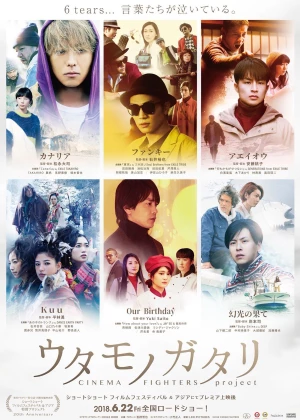
Song Story is a 12-short anthology split into two different releases. Each of the stories is based on Japanese pop songs, which means the directors had the liberty of making something a bit more creative. And that's exactly what they did. The quality of the shorts is relatively stable, but they are different enough from one another and none of them felt lazy or uninspired. Isamu Hirabayashi had the most abstract of the six shorts and display, which is why it's my uncontested favorite of the bunch, but all of the films here added something substantial to the film. A fun discovery.
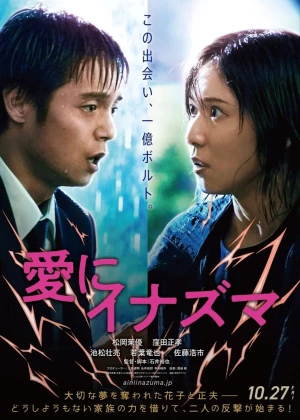
Another solid drama from Yuya Ishii. His oeuvre is littered with them, what it lacks though is a film that rises above the rest. The man can direct fine dramas, but that just happens to be the most prevalent genre in Japanese cinema, and the competition is brutal. It would be nice to finally see him directing something more than prime filler. The performances are strong, the chapter-based structure is good and there are some interesting twists and turns that urge the film in different directions, but the presentation is a little bland and despite some touching moments, the drama never really hit me the way it was supposed to. It's certainly not a bad film, just not one that stands out enough from so many others.Read all
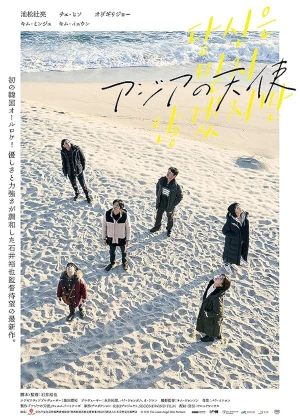
Yuya Ishii goes to Korea. There's been some cross-over between Japan and South Korea lately, though the results have been relatively disappointing. Not that they're bad films, it's just that the mix doesn't seem to add much substantial. The Asian Angel is a pretty standard Japanese drama, only it's set in Seoul, with a handful of Korean actors to boot. Tortured souls who don't speak the same language go on a joint trip. It's not a very original premise, the drama feels a little too familiar, and the cinematography isn't all that inspired. The performances are strong though, and there are some lovely scenes scattered throughout. A good Ishii, but it's not selling me on the Japanese collaborations.Read all
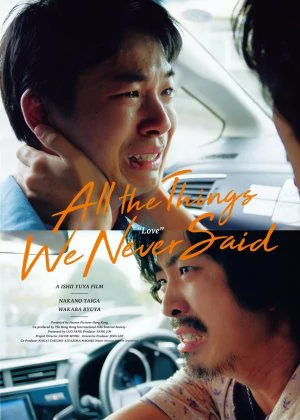
Ishii tackles Japan's problems with communication, doing so with Hong Kong money. The film is part of the Back 2 Basics program that yielded six films in total. And it does feel like a smaller film for Ishii, even when he never really made anything grand or epic. The quality is still there though. Japan is known for its more silent, reticent dramas, which generally work very well for me. This introverted behavior and lack of communication comes with its own set of issues, and it's nice to see Ishii addressing these head on. Performances are great, the drama feels genuine and even though the limit budget shines through, it doesn't affect the quality of the film too much. Another solid Ishii. Read all
Tokyo Night Sky Is Always the Densest Shade of Blue
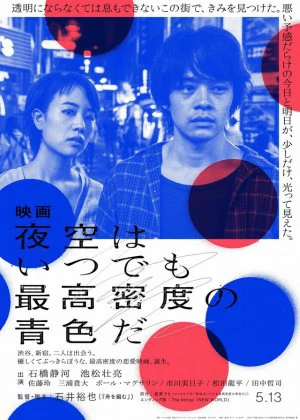
Beautiful, dreamy drama with a darker edge, like most of Yuya Ishii's films. Strong across the board with some playful, almost experimental touches that never quite hit the right spot. Still a very worthy entry in Ishii's oeuvre, but it lacks that little extra refinement.
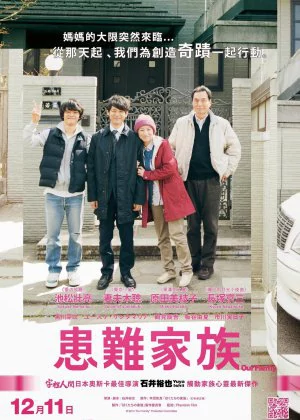
A surprisingly straight-forward drama by Ishii. There's certainly no lack of disease-based dramas in Japan, but this stands out as one of the better in the genre. The direction is subtle, performances are great and the emotional climax is dignified. Not as edgy as some of this other work, but well recommended for fans of Japanese cinema.
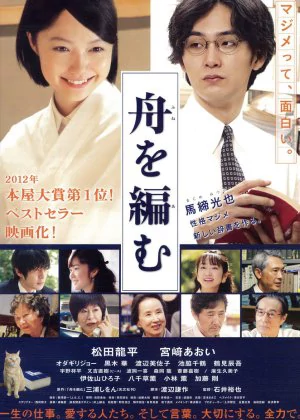
Yuya Ishii is one of Japan's more interesting drama directors of the moment. While I haven't seen a truly great film from his hands, the four films I have seen so far are all worth investing in. Fune Wo Amu (The Great Passage) is his latest feature and while quality-wise up to par with his previous efforts, I was quite surprised to find out Ishii was the director behind this film. Ishii never really conformed to the boundaries of traditional Japanese dramas. He likes to combine dry comedy with bitter drama to form an awkward but positively challenging blend of atmospheres. The characters in his films are usually not the nicest and/or most likeable people, but they do try to earn our respect throughout the course of his films. Well, there's none of that in Fune Wo Amu, which strictly adheres to the rules of the traditional Japanese feel-good drama. The films tells of Majime, a young social outcast who is transferred to the dictionary department of the print company he works for. There he finds his true calling and as the people around him start to leave the project one by one, Majime overcomes his fears and limitations to shoulder the project himself: create a dictionary for the people of today (which ends up being a mix between the Webster Dictionary and the Urban Dictionary). The film is helped by a stellar cast. Matsuda shines as Majime (and resembles a young Tadanobu Asano), Jo Odagiri assists him where necessary and Aoi Miyazaki is cast as his supporting love interest. A strong trio that brings the needed depth and subtlety to the core characters. Still, they cannot prevent that the film itself is a tad plain. Visually modest and traditionally scored, Fune Wo Amu never becomes much more than an endearing and warm drama with its heart in the right place. It's a nice film that leaves you with a smile, but lacks that extra something that would've made it truly special. Still, if you have two hours to spare you could do much worse. Read all
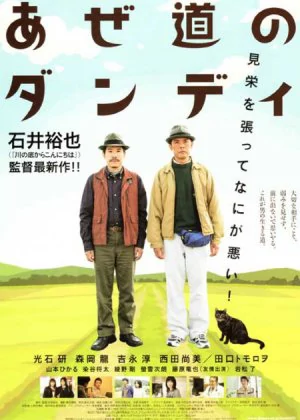
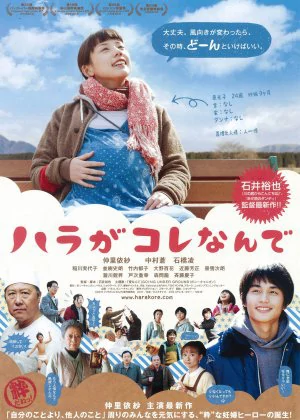
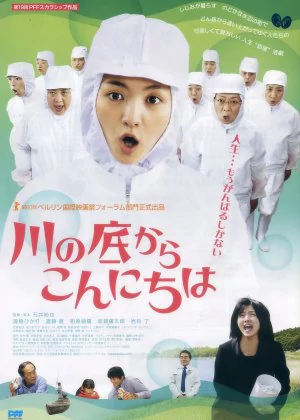
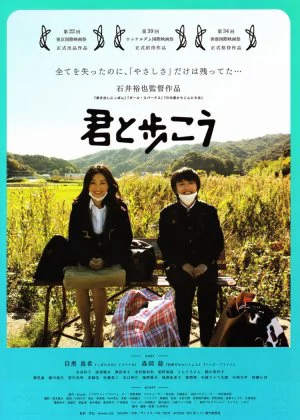
A quirky drama by Yuya Ishii. Entirely on brand in other words. Ishii is known for mixing drama and comedy in various ways, To Walk Beside You is structured as a more traditional drama, but it gets interspersed with funny coincidences and some random moments of silliness. The result is pretty endearing. The drama can get a little heavy, but Ishii's approach makes sure it never becomes overbearing or depressing. His films tend to be feel-good without the excessive sentiment, this one fits in just perfectly. The pleasant cinematography, fine performances and inoffensive score only add to the good-natured vibes. Another solid Ishii.Read all
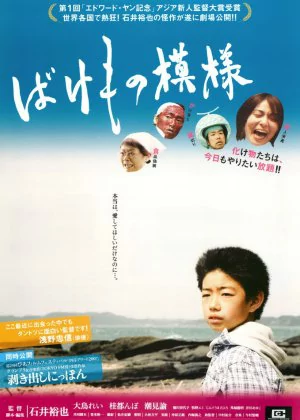
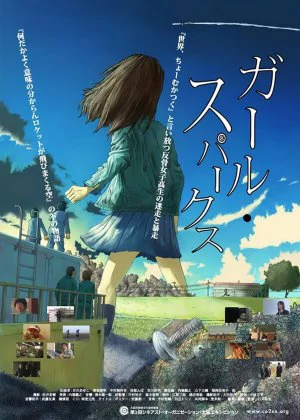
Quirky Japanese drama that mixes the slightly odd with the darkly dramatic. It's a coming of age film in the truest sense of the word, but Saeko's transition from girl to woman is a tough one. Her dad is struggling to keep his business afloat, Saeko hates school and doesn't have any real friends to fall back on. A typical Ishii film: solid, but stops short of greatness.
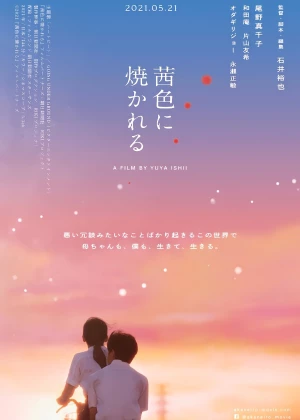
Yuya Ishii's latest is a solid but overly basic Japanese drama, a film that doesn't really add much to Ishii's oeuvre, nor to the overcrowded niche it was released in. That's not to say it's a bad film, just that there are already too many films like it, making the long runtime somewhat of an unnecessary hurdle. Ishii abandoned his love for dark comedy and edgier drama some years ago, this type of drama feels more like a solicitation for an upscale film festival. The acting is fine, there are some strong scenes, but it's all very much by the numbers and 140 minutes is a bit much for a film that has nothing new on offer.Read all
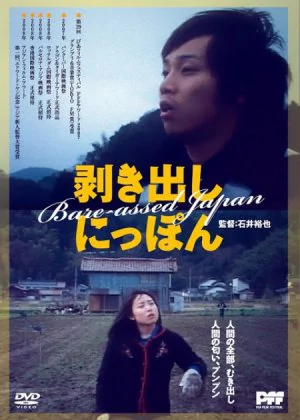
Early Yuya Ishii. A bit cruder compared to his later films, but his trademark style is already present. Comedy through bitter drama, it's not the easiest and most accessible approach to drawing laughs, but it's certainly different. Well acted, funny and just a little depressing, Bare-assed Japan is a perfect introduction into the work of Ishii.
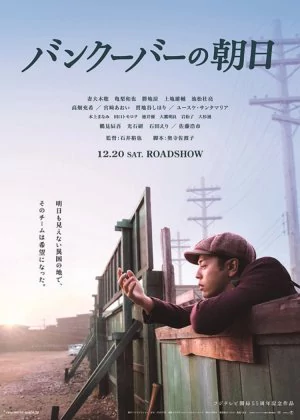
A tiny slice of little-known Canadian-Japanese (baseball) history. Yuya Ishii is a very capable director, but here he takes things just a little too easy. The result is a decent but unadventurous sports drama that is very predictable and doesn't really warrant it's 2+ hours running time. The focus on the narrative is heavy, and the production design is pretty slick, so this should appeal to a rather broad group of people. The cast/performances are pretty great too, but for me, it was all a bit too classical and predictable. It's not a bad film, and it shows an interesting bit of history, but it's Ishii's worst so far.Read all
